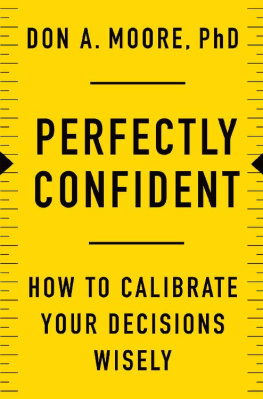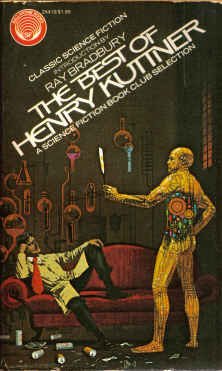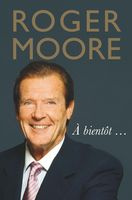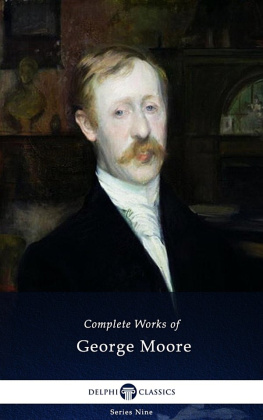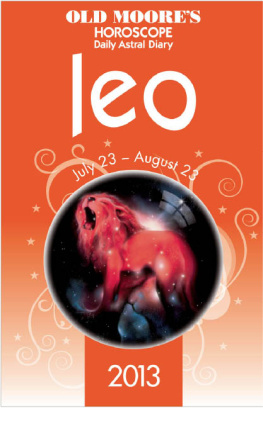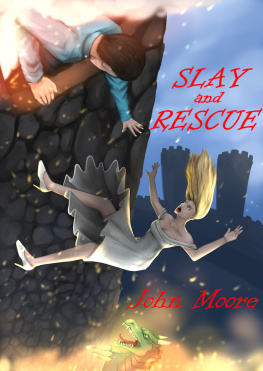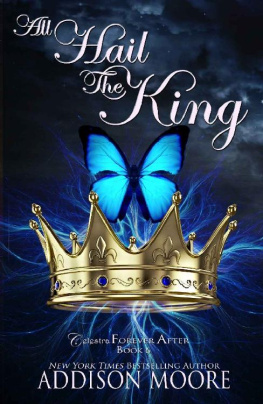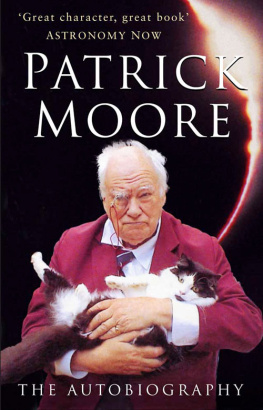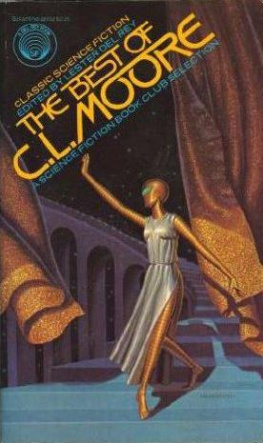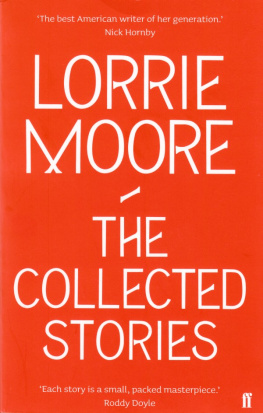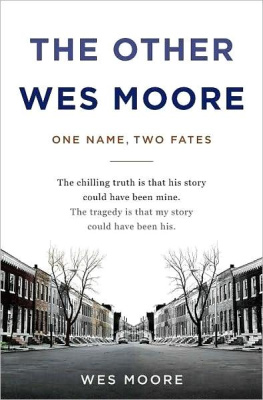Don A. Moore - Perfectly Confident
Here you can read online Don A. Moore - Perfectly Confident full text of the book (entire story) in english for free. Download pdf and epub, get meaning, cover and reviews about this ebook. year: 2020, publisher: Harper Business, genre: Religion. Description of the work, (preface) as well as reviews are available. Best literature library LitArk.com created for fans of good reading and offers a wide selection of genres:
Romance novel
Science fiction
Adventure
Detective
Science
History
Home and family
Prose
Art
Politics
Computer
Non-fiction
Religion
Business
Children
Humor
Choose a favorite category and find really read worthwhile books. Enjoy immersion in the world of imagination, feel the emotions of the characters or learn something new for yourself, make an fascinating discovery.
- Book:Perfectly Confident
- Author:
- Publisher:Harper Business
- Genre:
- Year:2020
- Rating:3 / 5
- Favourites:Add to favourites
- Your mark:
- 60
- 1
- 2
- 3
- 4
- 5
Perfectly Confident: summary, description and annotation
We offer to read an annotation, description, summary or preface (depends on what the author of the book "Perfectly Confident" wrote himself). If you haven't found the necessary information about the book — write in the comments, we will try to find it.
Perfectly Confident — read online for free the complete book (whole text) full work
Below is the text of the book, divided by pages. System saving the place of the last page read, allows you to conveniently read the book "Perfectly Confident" online for free, without having to search again every time where you left off. Put a bookmark, and you can go to the page where you finished reading at any time.
Font size:
Interval:
Bookmark:
For Sarah, Josh, and Andy, who help me calibrate my confidence, sometimes boosting it and sometimes cutting it down to size
Before I accuse anyone of overconfidence, I have to admit my own complicated history. As a boy, I read about the power of positive thinking with wide-eyed enthusiasm. I was a connoisseur of self-help books with titles like Grow Rich While You Sleep, which promised boundless opportunity and broad vistas of wealth, success, and self-fulfillment. I spent altogether too much of my money on motivational cassette tapes that promised greater confidence. These tapes sounded like the ocean surf, but just below the audible level, there were spoken affirmations. The subliminal messages told me things like, I am popular and well liked. I have many friends. These subconscious affirmations promised to circumvent the censors in my conscious mind and go straight to my deepest self-image to change how I viewed myself. They were part of my bold scheme to become the most popular kid in my high school in Pocatello, Idaho.
My scheme, needless to say, was not a success. Letting classmates copy off my physics homework didnt earn me real friends, and debate club did not turn out to be the royal road to glory. My marginalization in high school was marked by the reluctance of even my own little sister to acknowledge me, for fear some of my nerdiness would rub off on her. In fairness, it is impossible to know how much worse high school would have been for me without the assistance of those subliminal messages, yet it is hard to imagine falling further down the social hierarchy at Highland High School.
It was there, at the bottom of the heap, that I discovered the teachings of Tony Robbins. I was inspired by his ability to help me envision my best self and enact my greatest dreams. I read his books and tried to put their lessons into practice. It was partly due to inspiration from Robbins, and partly due to the economics class I took my junior year in college, that I took a job in business when I graduated. I turned out to be terrible at monitoring grommet inventories, which is what I was supposed to be doing, and more interested in the way the organization made decisions. I had the distinct sense that confidence played an oft-dysfunctional role in the process. For instance, managers routinely made hiring decisions with unwarranted certainty. They had excessive faith in their own judgment and too often promoted people whose confidence, like their own, outstripped their actual competence. I went back to graduate school in business, hoping to study the dynamics of decision making within organizations.
Years later, I got the opportunity to teach with Tony Robbins. He was hosting a course for his platinum partnerspeople who pay a great deal of money to receive invitations to special events and seminarsand I got to teach what I knew about negotiations and deal making. Sometime after that, I found myself at another Robbins event, his Unleash the Power Within weekend. Tens of thousands attended at the Los Angeles Convention Center. My wife and I sat up front, in the VIP section next to Oprah Winfrey, who happened to be filming a documentary about the event. The first day culminated in a dramatic fire walk.
Everyone there started out the day somewhere between apprehensive and terrified of the fire walk. In the hours leading up to the big event, Robbins worked the crowd into an enthusiastic frenzy, trying to convince our group of future firewalkers that we could conquer the world. He compared the fire walk to the obstacles we faced in life and invited us to confront the fears that prevented us from overcoming them. There was also some talk about the real dangers posed by walking barefoot over hot coals and what you needed to do to come through unharmed. Roll up your pants to prevent the fabric from catching fire. Walk briskly and do not dawdle. At the end, wipe off your feet and get them sprayed with water. Helpful members of the Los Angeles Fire Department were on hand with hoses to assist in this effort.
We carried the energetic fervor that Robbins had built in the convention hall with us as we all walked barefoot to the parking lot filled with bonfires. Seeing the fires glowing in the evening darkness brought home the reality of what we were about to do. The coals from those fires got shoveled onto a number of fiery walkways. As we waited for our turn to cross, we cheered and chanted, trying to keep our confidence and enthusiasm from flagging. When my turn came, I did not hesitate. The pain hardly pierced my armor of confidence. I celebrated my bravery on the other side, but in my euphoria, I neglected to wipe all the burning embers from my feet. Somehow that part of the instructions hadnt stuck in my mindbut the embers had stuck to the tender flesh on the soles of my feet.
Later in the evening, I felt blisters rising. On the walk back to the hotel, I realized that my feet were covered in burns. Carried away by my confidence, I had failed to take sufficient precautions. What had been pride quickly turned to humiliation. I was keenly aware that I had let myself get carried away. As I limped along in pain, I looked back to the confidence that had carried me across the fire walk and just felt stupid. What a fool I had been. For what? Was I trying to impress Oprah? She was too busy with her own fire walk to notice what I was up to. The other participants? I would never see these people again. Was I trying to impress myself? Whatever benefit I might have enjoyed from feeling that I could overcome scary obstacles had been quickly undone by the fact that I had tried walking through fire and had gotten burned.
My experience on the fire walk reveals one personal reason this optimist has become a skeptic on the subject of confidence: I know how easy it is to be overconfident. My experience has inspired research whose results have profoundly shaped how I see the world, documenting the risks, follies, and biases of miscalibrated confidence. I hope to impart these hard-won insightswithout you having to suffer the painful consequences yourself.
A NEW VIEW OF CONFIDENCE
Chances are you are thinking about confidence wrong. If you have spent any time reading self-help books, you could be forgiven for coming away thinking that more confidence is better. There are books with titles like Confidence: How to Overcome Your Limiting Beliefs and Achieve Your Goals and You Are a Badass: How to Stop Doubting Your Greatness and Start Living an Awesome Life. They make greater confidence sound inviting. Such books tell you that you should grow your confidence. They imply that your challenge in life is to keep your confidence up, bolstering it against the haters who would tear you down or the misfortunes that would make you doubt yourself. Maybe you try to build your confidence through self-affirmations, or better eye contact, or a firmer handshake, or power posing.
The message that these books push is that you should maximize your confidence. They make me think of the terrible advice that you can never be too rich or too thin. You do not need to suffer an eating disorder to know that it is possible to be too thin. But can you be too confident? Is it good for you to believe that the gods always smile on you, that good things come your way without your having to work for them, and that you are favored by fortune? Should you believe that everything in life goes right for you, that everybody loves you, and that you are invulnerable? Is it wise to believe that you, blessed among the many, will beat the odds and get lucky? Should you believe that you can drive at high speeds in heavy traffic while texting and eating? You do not need to suffer the disastrous consequences of these beliefs to know that there can indeed be confidence disorders.
Font size:
Interval:
Bookmark:
Similar books «Perfectly Confident»
Look at similar books to Perfectly Confident. We have selected literature similar in name and meaning in the hope of providing readers with more options to find new, interesting, not yet read works.
Discussion, reviews of the book Perfectly Confident and just readers' own opinions. Leave your comments, write what you think about the work, its meaning or the main characters. Specify what exactly you liked and what you didn't like, and why you think so.

